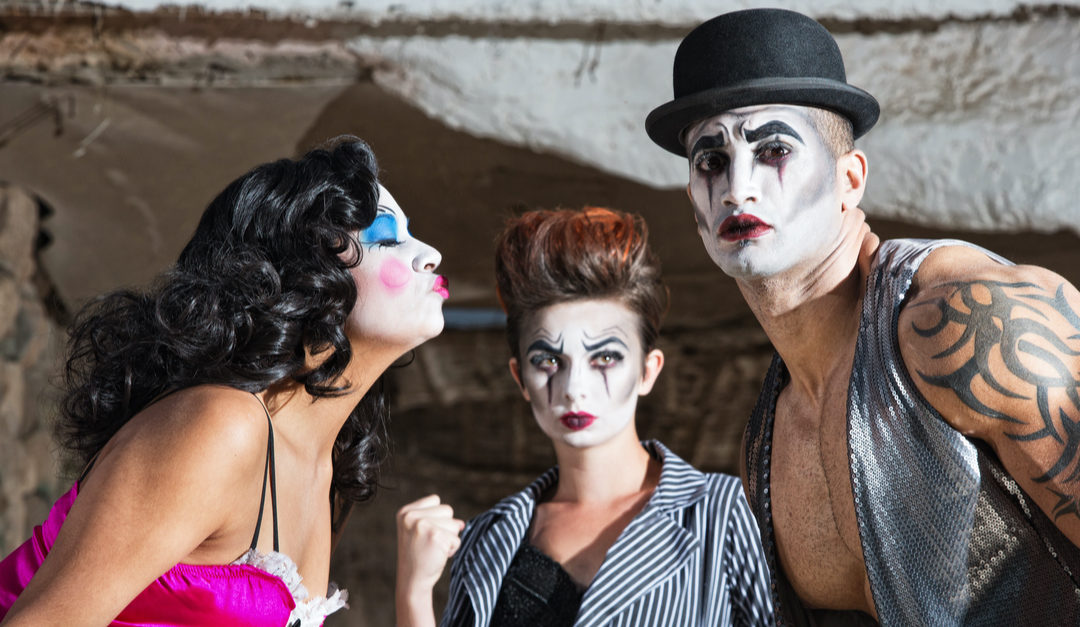Last week’s dramatic election shenanigans reminded me of a tool frequently used in psychological coaching to explain conflict and power plays.
The Karpman Drama Triangle maps out destructive relationships using three roles: the Victim (‘one down’ on the triangle), Persecutor, Rescuer (both ‘one up’ positions). It’s fascinating to watch these play out on the world stage.
1. The Victim: “Poor Me. It’s not fair. Why don’t you appreciate everything I do for you?” Powerless, ashamed, stuck, energy-sapping, easily offended. They can’t make decisions and appear to find life joyless.
2. The Persecutor, or Villain: “It’s not my fault. I’m right and you are stupid. Why am I surrounded by losers?” Blaming, critical, controlling, angry, superior. They are often strangers to rational discourse.
3. The Rescuer: “Let me help you. I’ll do it for you. Let me make it better”. People pleasing, put-upon, often crazy busy, resentful. Enabling instead of empowering, they disguise their own problems by getting involved in other people’s.
Drama triangles start when someone takes on the role of either victim or persecutor. They then enlist other players into the conflict, on to their side. These people start as observers but move into rescuer mode. Each participant is trying to get their own needs met. They don’t realise or acknowledge the damage of the situation. Their needs, usually unconscious, could be for attention, security, safety, approval or love.
We enter the drama in the same role, often one that we learn early on in life as a survival tactic. People who have internalised a message that their needs won’t get met might feel like victims. Others who have had to develop tough coping strategies might show up as villains. People who had to take on unusually responsible care-giving roles early in their lives tend to fall into rescuing roles.
To liven it up even more, none of these roles are static: we rotate around the triangle. The persecutor feels that people are attacking her, so becomes the victim. The victim turns on the rescuer, and so on.
The rescuer perpetuates the triangle. They keep their victim dependent by colluding with them “he’s such a bad boss, poor you, what a nightmare,” rather than encouraging their sense of agency “what can you do about it?” This is a co-dependent relationship. The victim temporarily gets their needs met by the rescuer taking care of them; the rescuer gets to avoid their own problems.
How do you get off the triangle?
Once you clock it, you can get off it.What’s your pay-off for fulfilling that role? What are you getting out of it? Is there a healthier way of getting that pay-off?What’s the responsible, appropriate, professional way of handling this situation instead? Grown-up is a word used a lot here.Don’t throw the baby out with the bathwater. Our natural tendencies to fulfil these roles can be used to positive advantage. Persecutors can use their power to challenge and empower others, assertively. Victims establish boundaries, solve their own problems and develop creative, problem-solving skills. And show me a coach or therapist who didn’t start out as a rescuer.
It’s enlightening to watch people perform these roles in political life. Pick your favourite character and watch them pivot. Where’s Melania? My favourite, for these purposes only, is Michael Gove. Who’s yours? Closer to home, you can see these dynamics play out at work and home. Perhaps plotting your family on the drama triangle could be a new Christmas game.
Does remote working increase drama?
Virtual communication has made us hypersensitive to perceived slights. We jump to the wrong conclusions to emails/messages, creating dysfunctional dynamics that simply wouldn’t exist if we were face to face. We slip back into unhealthy triangles. Another reason to call instead of emailing, or to delay sending emails until we’ve softened their tone and clarified the message.

